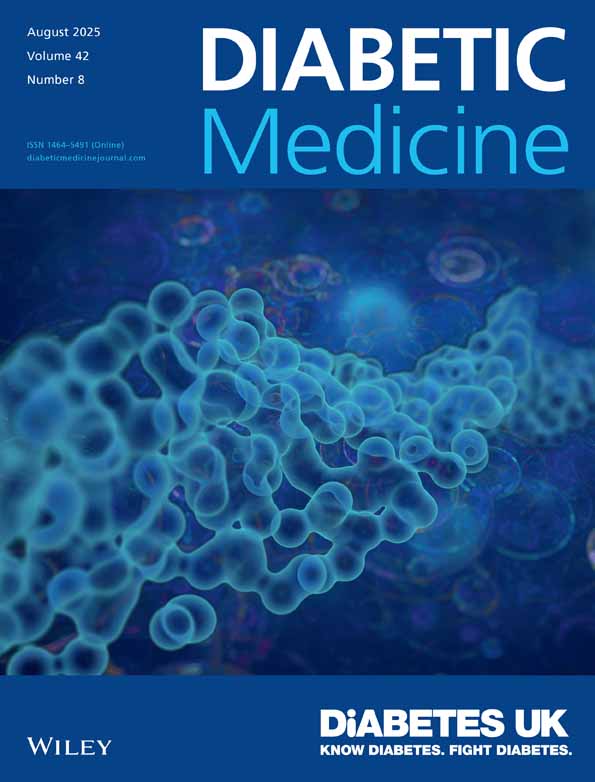The Effect of Intravenous Lactate on Cerebral Function During Hypoglycaemia
Abstract
Any factor which protects the brain against hypoglycaemia induced cerebral dysfunction could have important therapeutic implications for intensive insulin therapy. This study tested the hypothesis that intravenous lactate protects cerebral function during hypoglycaemia. Four choice reaction time, Auditory Brain Stem Response (ABR), and P300 latency were used as measures of cerebral function. Nine healthy volunteers (six female) underwent two stepped hyperinsulinaemic clamps at least 4 weeks apart, achieving blood glucose levels of 4.5, 3.3, and 2.5 mmol l−1. On one occasion 40 μmol kg−1 min−1 sodium lactate was infused, and on the other, normal saline. Cerebral function tests were measured at each glucose level. At 3.3 mmol l−1, there was a significant slowing of four choice reaction time with saline (p < 0.02) but not with lactate; no changes in P300 latency or ABR occurred on either occasion. At 2.5 mmol l−1 results from all three tests deteriorated significantly during saline infusion (p < 0.001 reaction time, p < 0.02 ABR and p < 0.05 P300), but not lactate. Lactate infusion was associated with a reduction in noradrenaline (p < 0.05), adrenaline (p < 0.05), and growth hormone (p < 0.02) responses at a glucose of 2.5 mmol l−1. These results support the hypothesis that intravenous lactate protects cerebral function during hypoglycaemia. © 1997 by John Wiley & Sons, Ltd.




